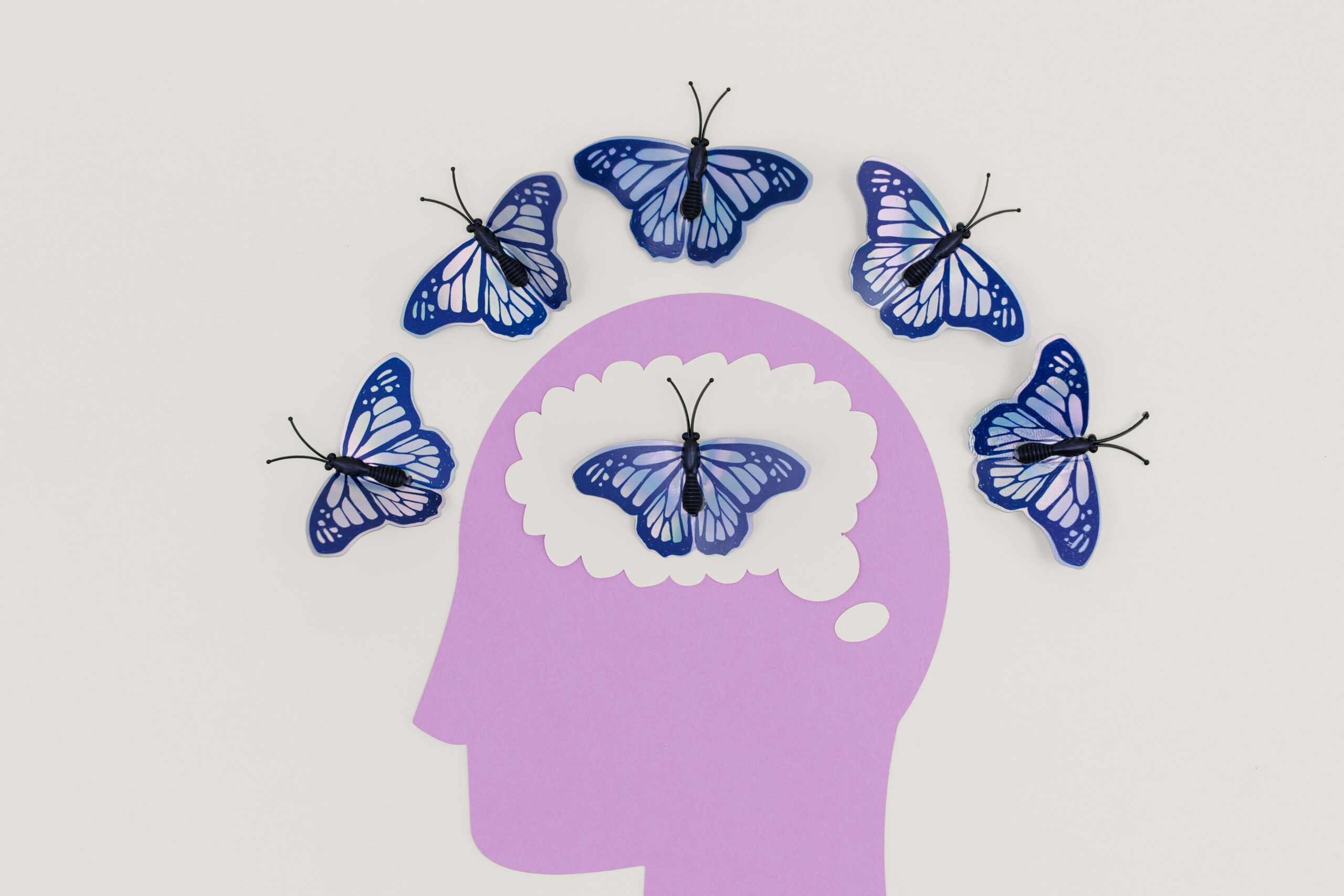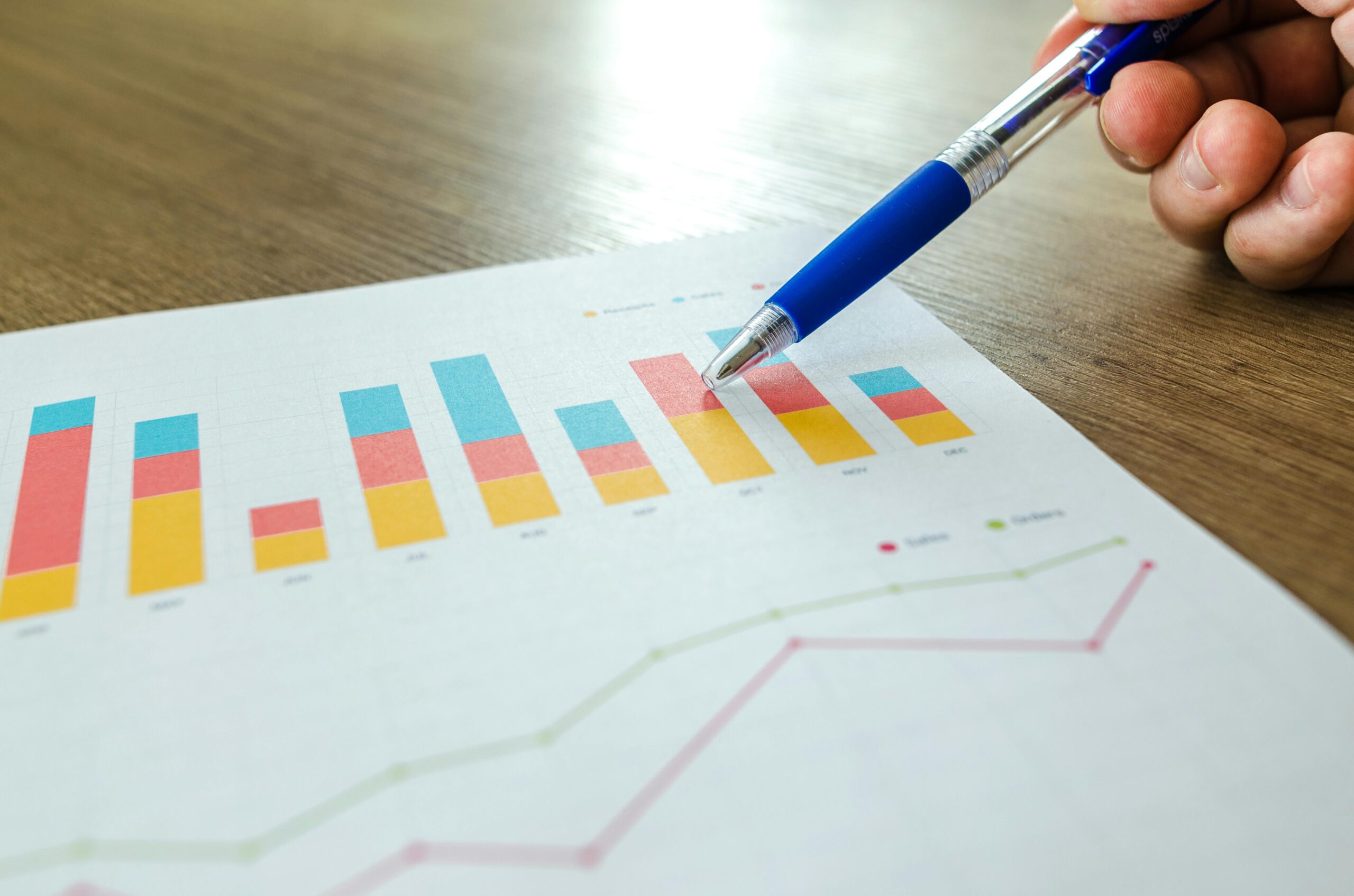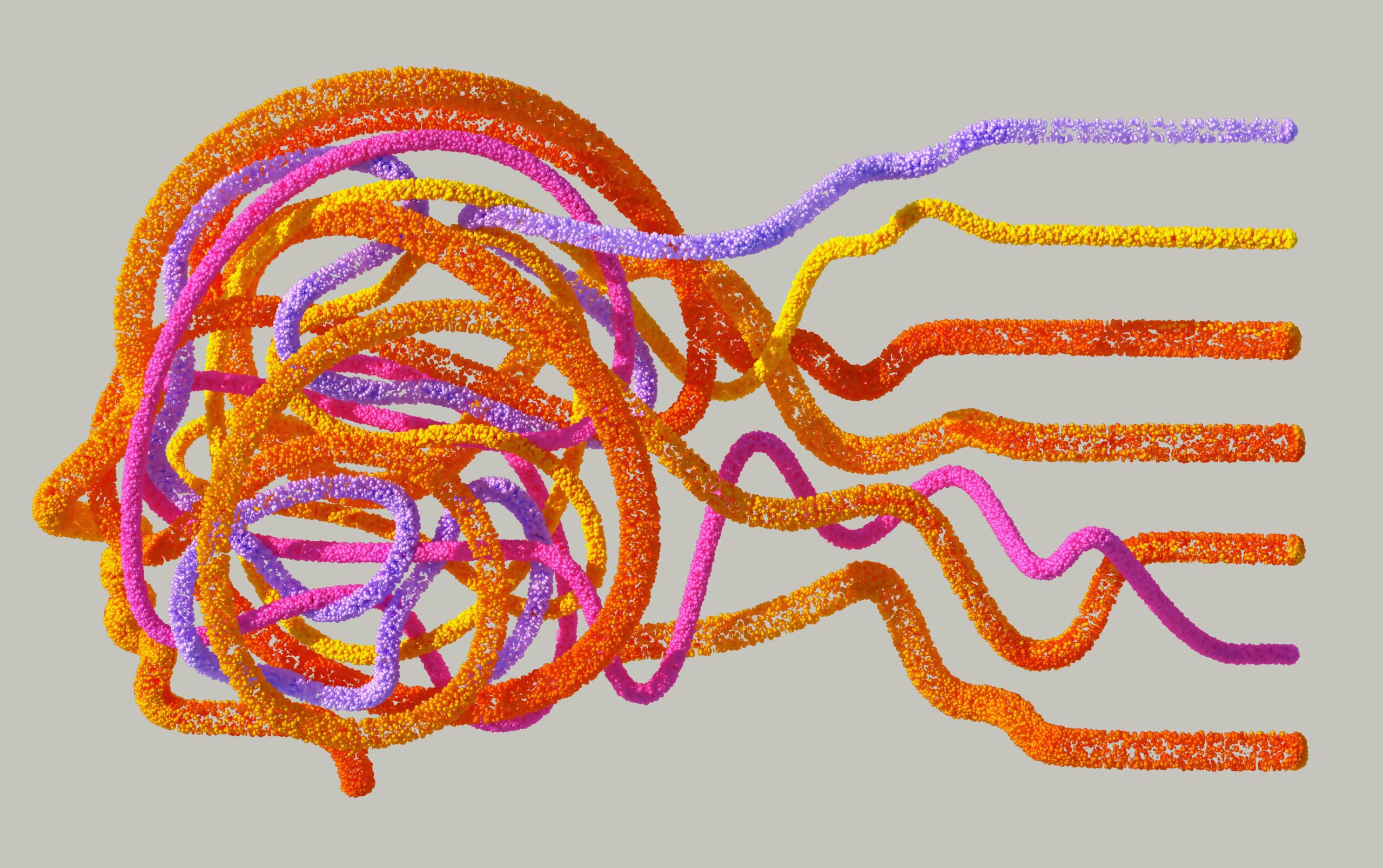The digital age has fundamentally reshaped how we think, learn, and interact with the world around us. As technology becomes increasingly integrated into every aspect of our lives, questions about cognitive liberty and personal autonomy have never been more critical.
We stand at a crossroads where artificial intelligence, data collection, and neurotechnology are advancing at unprecedented speeds. This evolution presents both extraordinary opportunities and significant challenges for maintaining control over our own minds, decisions, and personal information. Understanding cognitive liberty—the right to mental self-determination—has become essential for navigating this complex landscape.
🧠 Understanding Cognitive Liberty in the Digital Era
Cognitive liberty represents the fundamental human right to control one’s own consciousness and mental processes. This concept extends beyond traditional notions of freedom of thought to encompass protection against unwanted mental intrusion, manipulation, or surveillance. In an era where algorithms can predict our preferences, influence our decisions, and even alter our perceptions, cognitive liberty has emerged as a cornerstone of personal autonomy.
The digital transformation has introduced new dimensions to this age-old principle. Social media platforms, search engines, and recommendation algorithms now shape what information we consume, potentially creating filter bubbles that limit our exposure to diverse perspectives. These systems don’t just respond to our choices; they actively influence them, sometimes in ways we don’t consciously recognize.
Neurotechnology adds another layer of complexity. Brain-computer interfaces, neurofeedback devices, and cognitive enhancement tools promise remarkable benefits for medical treatment and human performance. However, they also raise profound questions about mental privacy and the boundaries of acceptable cognitive intervention.
The Intersection of Technology and Mental Autonomy
Personal autonomy in the digital age requires conscious awareness of how technology affects our decision-making processes. Every click, search, and interaction generates data that feeds sophisticated machine learning models designed to predict and influence behavior. These systems operate with remarkable precision, often understanding our preferences better than we understand them ourselves.
The challenge lies not in rejecting technology but in maintaining agency over how we engage with it. This means recognizing when algorithms are guiding our attention, understanding the data we generate, and making informed choices about our digital footprint. True autonomy requires both knowledge and the practical ability to exercise meaningful control over our technological interactions.
📊 The Data Dilemma: Privacy and Personal Information
Our digital lives generate vast quantities of personal data every day. From browsing history and location tracking to biometric information and social connections, this data creates detailed profiles that reveal intimate details about our thoughts, behaviors, and preferences. Companies and organizations use this information to personalize services, target advertising, and make decisions that affect our lives.
The collection and use of personal data presents a fundamental tension between convenience and privacy. Many digital services offer genuine value in exchange for access to our information. Navigation apps provide real-time traffic updates, social networks connect us with friends and family, and recommendation engines help us discover new content. However, the extent of data collection often exceeds what users understand or expect.
Taking Control of Your Digital Footprint
Protecting cognitive liberty begins with managing your personal information strategically. This doesn’t necessarily mean avoiding all data-sharing or withdrawing from digital life entirely. Instead, it requires making conscious, informed decisions about what information you share and with whom.
- Regularly review privacy settings across all platforms and devices you use
- Understand the permissions you grant to applications and services
- Use privacy-focused alternatives when available and appropriate
- Practice data minimization by sharing only what’s necessary
- Employ encryption and secure communication tools for sensitive information
- Exercise your rights under data protection regulations like GDPR or CCPA
🔍 The Influence Economy: Attention and Persuasion
Modern digital platforms operate within what scholars call the “attention economy,” where user engagement directly translates to revenue. This economic model creates powerful incentives to capture and retain attention through increasingly sophisticated persuasive techniques. Understanding these mechanisms is crucial for maintaining cognitive liberty.
Persuasive technology, sometimes called “captology,” deliberately designs products to change user attitudes and behaviors. Features like infinite scrolling, variable reward schedules, and social validation mechanics tap into psychological vulnerabilities to maximize engagement. While not inherently unethical, these techniques raise important questions about manipulation and genuine choice.
Recognizing Digital Manipulation Tactics
Awareness represents the first line of defense against unwanted influence. When you understand how persuasive technologies work, you can make more conscious decisions about your engagement. Common manipulation tactics include scarcity messaging, social proof, reciprocity triggers, and authority appeals—all amplified by data-driven personalization.
Algorithmic content curation presents another subtle but powerful form of influence. By controlling what information appears in your feeds and search results, these systems shape your perception of reality. They may amplify emotional content, prioritize engagement over accuracy, or create echo chambers that reinforce existing beliefs.
🌐 Building Digital Resilience and Critical Thinking
Cognitive liberty in the digital age demands new forms of literacy and critical thinking skills. Traditional media literacy focused on evaluating sources and detecting bias remains important, but digital environments require additional competencies. Understanding algorithmic recommendation, recognizing synthetic media, and evaluating data-driven claims have become essential skills.
Digital resilience involves developing healthy relationships with technology that support rather than undermine personal autonomy. This includes setting boundaries around device use, cultivating awareness of how digital interactions affect mood and cognition, and maintaining offline activities that ground identity beyond virtual profiles.
Practical Strategies for Mental Autonomy
Protecting your cognitive liberty requires active engagement rather than passive consumption. Consider implementing these practices to strengthen your mental autonomy in digital spaces:
- Schedule regular “digital detox” periods to reset your relationship with technology
- Diversify your information sources to avoid filter bubbles and echo chambers
- Practice mindful technology use by bringing conscious awareness to your digital activities
- Develop fact-checking habits before sharing or acting on information
- Engage in activities that strengthen attention and focus, such as meditation or deep reading
- Build real-world communities and connections alongside digital relationships
⚖️ The Legal and Ethical Framework
As technology advances faster than regulation, legal frameworks for protecting cognitive liberty remain underdeveloped. Some jurisdictions have begun recognizing mental privacy and cognitive liberty as fundamental rights, but comprehensive protections remain limited. This gap between technological capability and legal protection creates vulnerability for individuals.
Ethical considerations extend beyond current legal requirements. Organizations that collect and use personal data bear responsibility for respecting human autonomy, even where regulations don’t mandate specific practices. Industry self-regulation, ethical guidelines, and corporate accountability play crucial roles in protecting cognitive liberty.
Emerging Rights and Protections
Several promising developments suggest growing recognition of cognitive liberty as a fundamental right. Chile recently became the first country to enshrine neurological rights in its constitution, explicitly protecting mental privacy and cognitive liberty. The European Union’s approach to data protection includes provisions relevant to cognitive autonomy, such as the right to explanation for algorithmic decisions.
Advocacy organizations worldwide are pushing for stronger protections. These efforts focus on establishing clear boundaries around mental privacy, limiting manipulative practices, ensuring algorithmic transparency, and giving individuals meaningful control over their personal data and digital experiences.
🚀 Neurotechnology and the Future of Mental Privacy
Emerging neurotechnologies represent both extraordinary promise and profound risk for cognitive liberty. Brain-computer interfaces could restore mobility to paralyzed individuals, treat neurological conditions, and enhance human capabilities. However, they also create unprecedented possibilities for mental surveillance and manipulation.
Consumer-grade neurotechnology devices are already available for meditation training, sleep optimization, and focus enhancement. As these tools become more sophisticated and widespread, questions about who owns and controls brain data become increasingly urgent. Unlike other forms of personal information, neural data may reveal thoughts, emotions, and mental states with unprecedented directness.
Safeguarding Neural Privacy
Protecting cognitive liberty in the age of neurotechnology requires proactive measures before these tools become ubiquitous. Experts advocate for establishing “neural rights” that specifically address mental privacy and cognitive autonomy in the context of brain-reading technologies. These protections should address data collection, storage, use, and sharing of neural information.
Individuals using or considering neurotechnology should carefully evaluate privacy policies, understand what data devices collect, and consider the long-term implications of sharing neural information. The intimate nature of brain data demands exceptional caution and the highest standards of protection.
💪 Empowering Personal Autonomy Through Education
Education represents the most powerful tool for protecting cognitive liberty and personal autonomy. Digital literacy programs should begin early and continue throughout life, evolving alongside technological change. Comprehensive digital citizenship education addresses not just technical skills but also ethical reasoning, critical thinking, and self-awareness.
Schools, communities, and organizations all play roles in fostering digital empowerment. Educational initiatives should help people understand how technology works, recognize manipulation tactics, protect personal information, and make intentional choices about their digital engagement. This knowledge transforms individuals from passive consumers to active agents in their digital lives.
Cultivating a Culture of Cognitive Liberty
Beyond individual actions, protecting cognitive liberty requires cultural shifts in how we think about technology, privacy, and autonomy. This includes challenging business models built on attention capture and data extraction, demanding transparency from platforms and algorithms, and supporting regulatory frameworks that prioritize human dignity and autonomy.
Collective action amplifies individual efforts. When communities, organizations, and societies prioritize cognitive liberty, they create environments where personal autonomy flourishes. This might involve supporting privacy-respecting alternatives, advocating for stronger protections, or simply having conversations that raise awareness about these critical issues.

🌟 Embracing Technology While Preserving Humanity
The goal is not to reject digital transformation but to shape it in ways that enhance rather than diminish human flourishing. Technology offers remarkable tools for learning, connection, creativity, and problem-solving. The challenge lies in harnessing these benefits while preserving the cognitive liberty and personal autonomy that make us fully human.
This balance requires ongoing vigilance, adaptation, and commitment. As technology evolves, so too must our strategies for protecting mental self-determination. What remains constant is the fundamental principle: every person deserves the right to think freely, make autonomous choices, and maintain sovereignty over their own mind.
The path forward demands both individual responsibility and collective action. Each person must cultivate awareness, develop digital literacy, and make conscious choices about technology use. Simultaneously, we must work together to create legal, ethical, and social frameworks that protect cognitive liberty as a fundamental human right.
Digital transformation presents unprecedented opportunities for human advancement. By embracing cognitive liberty and personal autonomy as core values, we can unlock the full potential of technology while preserving what makes us distinctly human. The future belongs to those who engage thoughtfully with technology, maintaining agency over their minds and autonomy over their lives in an increasingly digital world.
Toni Santos is a cognitive storyteller and cultural researcher dedicated to exploring how memory, ritual, and neural imagination shape human experience. Through the lens of neuroscience and symbolic history, Toni investigates how thought patterns, ancestral practices, and sensory knowledge reveal the mind’s creative evolution. Fascinated by the parallels between ancient rituals and modern neural science, Toni’s work bridges data and myth, exploring how the human brain encodes meaning, emotion, and transformation. His approach connects cognitive research with philosophy, anthropology, and narrative art. Combining neuroaesthetics, ethical reflection, and cultural storytelling, he studies how creativity and cognition intertwine — and how science and spirituality often meet within the same human impulse to understand and transcend. His work is a tribute to: The intricate relationship between consciousness and culture The dialogue between ancient wisdom and neural science The enduring pursuit of meaning within the human mind Whether you are drawn to neuroscience, philosophy, or the poetic architecture of thought, Toni invites you to explore the landscapes of the mind — where knowledge, memory, and imagination converge.




